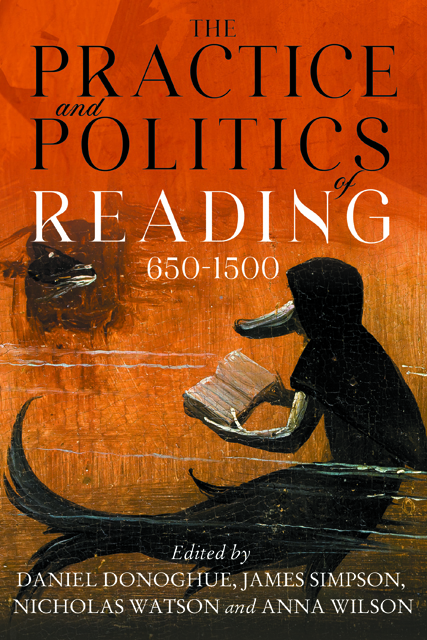11 - Marx Goes Fishing: The Temporalities of Idleness
Published online by Cambridge University Press: 11 January 2023
Summary
For as soon as the distribution of labour comes into being, each man has a particular, exclusive sphere of activity, which is forced upon him and from which he cannot escape. He is a hunter, a fisherman, a herdsman, or a critical critic, and must remain so if he does not want to lose his means of livelihood; while in communist society, where nobody has one exclusive sphere of activity but each can become accomplished in any branch he wishes, society regulates the general production and thus makes it possible for me to do one thing today and another tomorrow, to hunt in the morning, fish in the afternoon, rear cattle in the evening, criticise after dinner, just as I have a mind, without ever becoming hunter, fisherman, herdsman or critic.
Marx’s central innovation in understanding capital – the measure of labor as time – courses through his famous glimpse of a utopian communist system. Here, the transformation of the “fisherman” into one who fishes in the afternoon traces not just a shift between economic systems, but the possibilities latent within the human experience of time. Reduced and compelled by his work’s function, the fisherman cannot realize his own multiple potential capacities any more than his days or weeks are differentiated. But to hunt and fish, rear cattle and criticize, all in one day, is to unfold those capacities within days that themselves hold infinite possibilities within each morning, afternoon, evening. The expansion of the worker’s ability to engage multiple potentials is, for Marx, the expansion of our day itself.
Nestled within this time-work logic is Marx’s more subtle but equally crucial refusal of work as a negative construct, as the sacrifice of time. In his reflections on Adam Smith in the Grundrisse, for instance, Marx pushes hard against the idea that labor is the “suspension of tranquility,” offering instead that, within a less instrumental economics, “labour becomes attractive work, the individual’s self-realization, which in no way means that it becomes mere fun, mere amusement.” It is precisely this idea of “attractive work” that offers a mode of resistance often overlooked in treatments of his utopian vision.
- Type
- Chapter
- Information
- The Practice and Politics of Reading, 650-1500 , pp. 246 - 263Publisher: Boydell & BrewerPrint publication year: 2022



